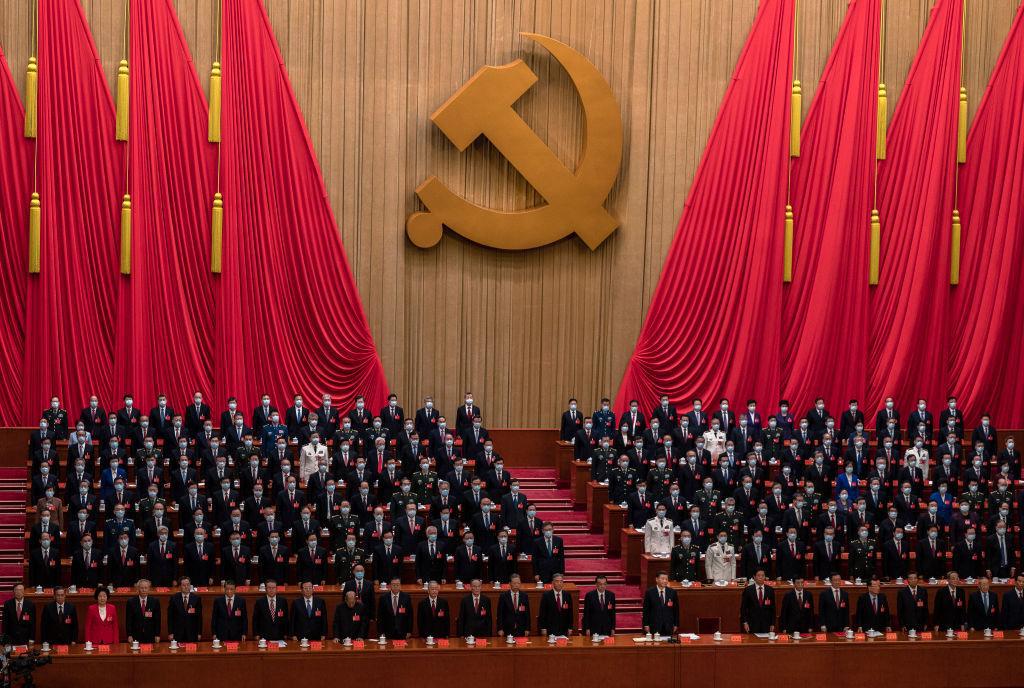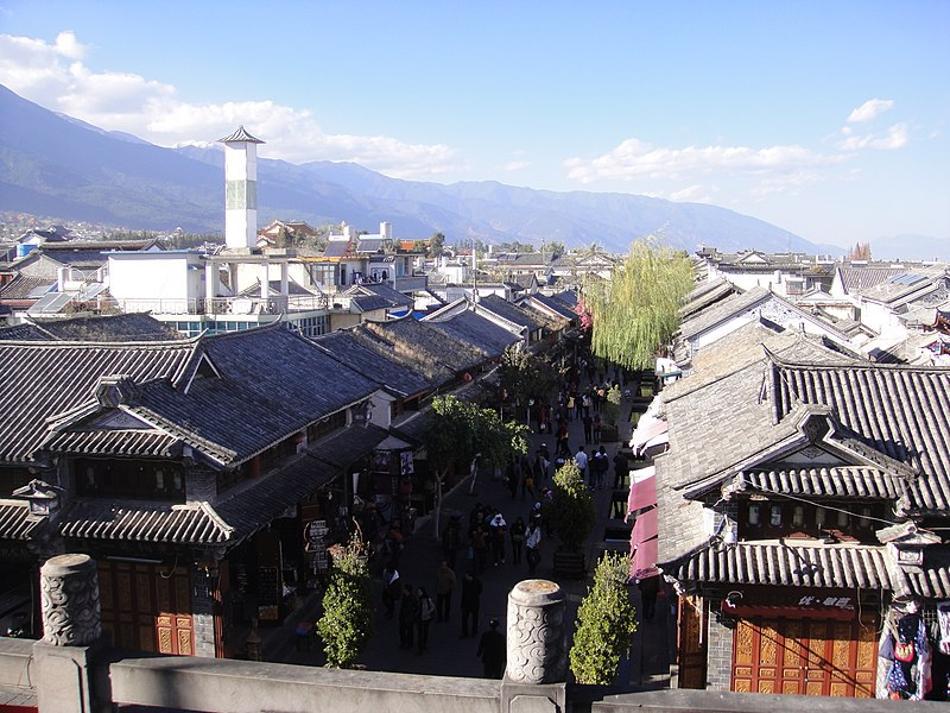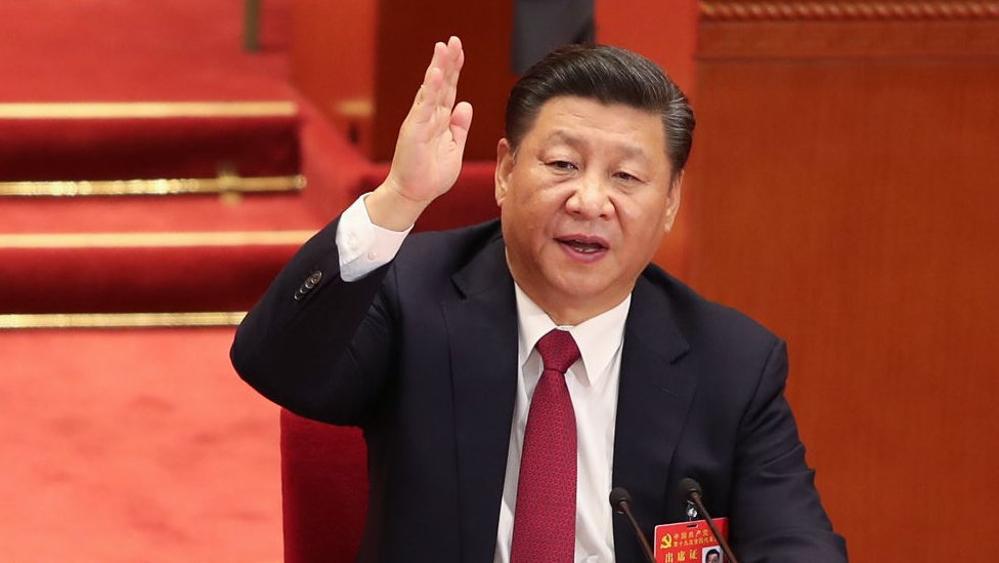China’s Communist Party has assertive dreams for the nation’s young people to work hard, overcome adversity, and chase their dreams.
Yet, one young citizen, Li Jiajia, would rather win the lottery and get away from the heavy expectations the government and her family have placed on her.
China’s Expectations Take Toll on Young Generations

Across China, many of the younger population, such as Li, have begun to feel the effects of unfulfilling jobs, a weak economy, and the expectations of paternalism.
Now, many are looking for a path out of the scripted lives passed on to them by older generations. Yet, this places them at odds with the country’s priorities.
New Start in the Big City

Li’s story was shared in The Wall Street Journal. She moved from her hometown in the southeastern region of China to Beijing this past April and immediately found a job as a content creator at a tech startup.
For Li, climbing the corporate ladder never aligned with her life goals. Speaking with WSJ, she alludes to the fact that the amount of high-paying tech jobs has shrunk in recent years.
Forced to Give Up Her Dreams

According to Li, the ever-present role of the Chinese government in everyday life is stifling.
When she was in school, Li had dreams of becoming a journalist. However, these were soon crushed when she found out how heavily the Chinese government censors media outlets.
Winning the Lottery Would Change Everything

While winning the lottery is extremely unlikely, Li can’t help but fantasize about the possibility. She buys tickets because this helps her hold onto a dream of a better life, which would likely take place overseas.
“I want to leave here and live the life I want,” Li told WSJ. “It won’t happen overnight, but for now, the thrill of scratching lottery tickets gives me a little break.”
Economic Growth and Rising Affluence

China experienced a rapid period of economic growth during the ’80s due to a change in economic policy, which brought about an inflow of technology, foreign capital, and training of its enormous population of laborers.
The population who came of age during this era worked hard as middle-class citizens and reaped the benefits of a prosperous economy. Yet, the newer generation isn’t so sure they want to be a part of this lifestyle.
China’s Younger Generations Begin to Question Life

A growing number of middle-class citizens living in China’s urban areas aged 20 to 30 have begun to question the traditional lifestyle, with some planning to reject it entirely.
Everything came full circle after two years of harsh COVID restrictions, leaving many in this age group questioning the role of the Communist Party. Others began pondering upon the meaning of life and who they aspire to be, questions many had never contemplated earlier in life.
New Record for Unemployment Hits China

Youth unemployment hit a record high this past year in China, coming in at 21%. This further dented confidence in the traditional paths to achievements in the nation.
However, Li and many of her younger peers are frustrated about other issues, including violence against women or the government’s efforts to censor foreign apps such as Instagram.
Exodus from the Megacities

Younger people like Li have been turning to mediation and other forms of spirituality, and some have decided to leave the megacities behind them.
Places like Dali, a city in southwestern China, have become somewhat of a safe haven for digital nomads and dropouts.
Radical Decisions by China’s Younger Generations

“This generation has had a lot of resources invested in them,” said Sara Friedman, professor of anthropology and gender studies at Indiana University, who studies Chinese society.
She continued, “They have worked really hard. They have been pushed really hard. And to then say, ‘I’m stepping out of this rat race, I’m opting out,’ is a pretty radical decision to be making.”
Fighting Back in Their Own Way

Open protests against the Chinese government are rarely possible. Yet, the young people are rebelling in their own unique ways.
“Lying flat is a latent resistance to the moral blackmailing of society,” said Amy Yan, a 27-year-old Shenzhen resident who once worked as a buyer for her family’s export business.
Communist Leader Eyes Bright Future for Youngsters

In a speech to the Communist Party last year, China’s leader, Xi Jinping, laid out his vision for the young people.
During his talk, he urged them to have “ideals, courage, a willingness to endure hardship and a dedication to strive” to help “build a modernized socialist country.”
